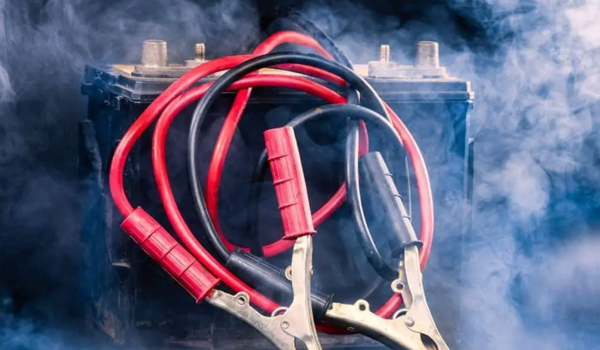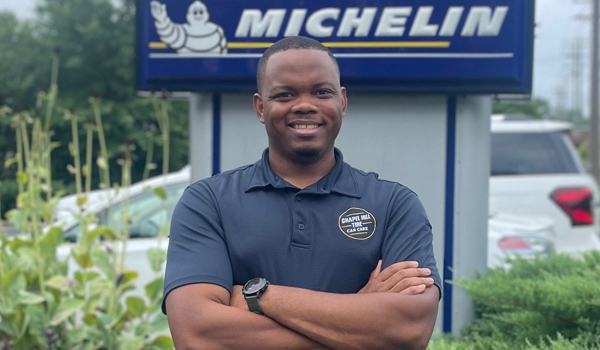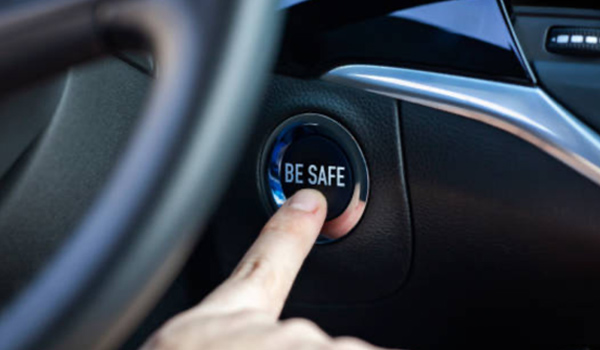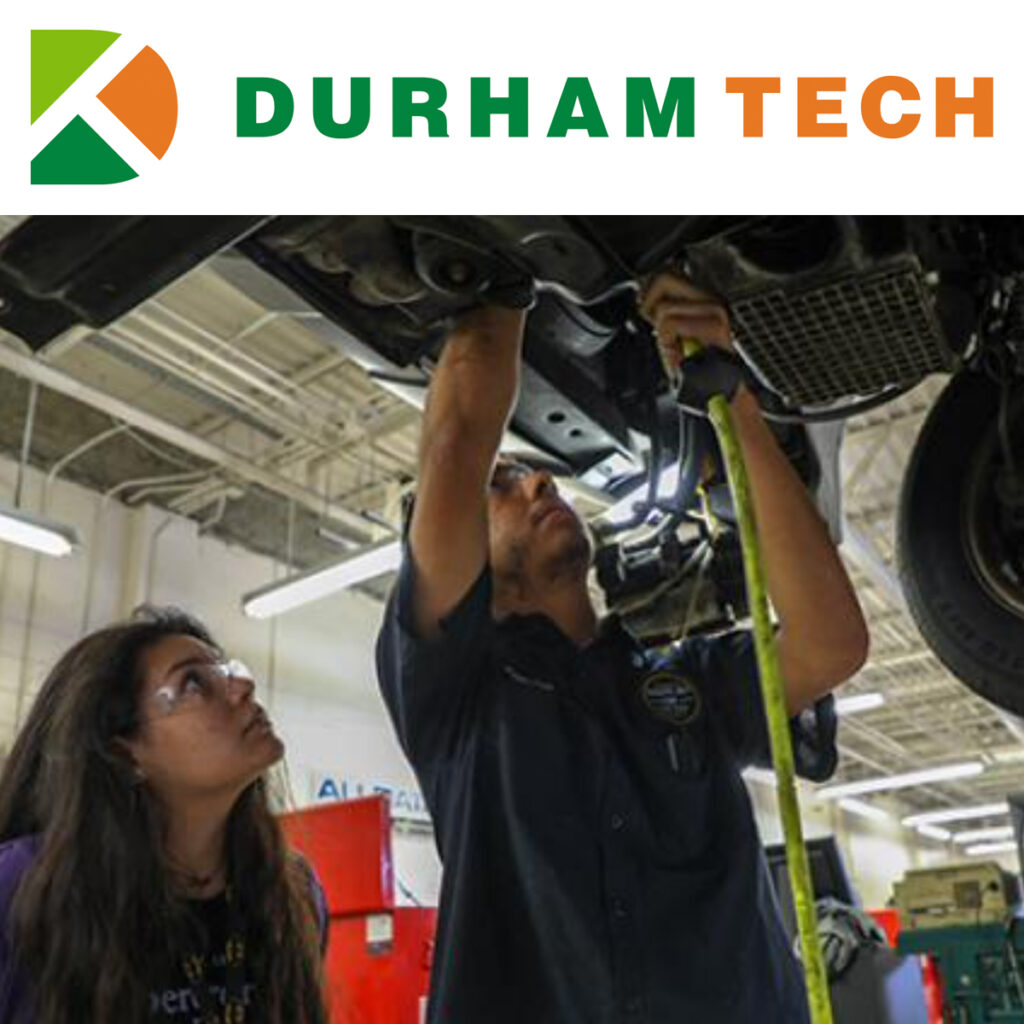When it comes to car maintenance, many people are well aware that winter can wreak havoc on a car battery. However, the scorching summer heat can be even more detrimental. Understanding how high temperatures affect your car’s battery can help you keep it in top condition throughout the warmer months.

Can Heat Affect a Car Battery?
Absolutely! Car batteries perform best at temperatures between 70 and 80 degrees Fahrenheit. When the mercury rises above 80, the heat can negatively impact your car battery, leading to corrosion and a reduced lifespan.
The Science Behind It
Heat causes the evaporation of the battery’s liquid catalyst-electrolyte, which is crucial for the battery’s internal chemical processes. On a hot day, the temperature inside your car’s engine compartment can soar to 140 degrees or higher. This extreme heat accelerates the evaporation process, leading to corrosion of the battery’s lead plates and damage to its internal structure.
Moreover, high temperatures can corrode your battery’s terminals and connectors, speed up the battery’s chemical reactions, and cause a faster discharge. Heat can also lead to battery charging system malfunctions, potentially resulting in an overcharged battery. All these factors contribute to a shortened battery life.
Can Heat Kill a Car Battery?
Yes, it can. Given the multiple problems heat can cause, high temperatures can indeed lead to a dead battery. If your battery suddenly stops working during the summer, there’s a good chance the heat is to blame, and you’ll likely need a replacement.
5 Tips for Protecting Your Car Battery From Heat
- Park in the Shade or a Garage: Keeping your car out of direct sunlight can significantly reduce the battery’s exposure to extreme heat. If a garage isn’t available, try to park in the shade or use a car cover to keep your vehicle cooler.
- Avoid Shorter Drives: Short trips don’t give your car’s alternator enough time to recharge the battery fully. To help maintain a healthy charge, drive at highway speeds for about 30 minutes once a week.
- Protect Your Battery from Corrosion: Regularly clean off any corrosion from your battery and use terminal protectors or anti-corrosion spray to prevent it. This will help prolong the battery’s life and performance.
- Receive a Radiator Flush: Your vehicle’s radiator cools down the engine, which helps prevent the battery from overheating. Ensure your radiator is flushed every 50,000 to 75,000 miles to keep your engine and battery cool.
- Schedule a Routine Inspection: Before summer hits its peak, have a mechanic inspect your battery. They can check its age, tighten any loose terminals, look for damage, clean off corrosion, and perform a load test to assess its health.
Choose Chapel Hill Tire for Car Battery Replacement Services in the Triangle Area
If you suspect heat has impacted your battery, Chapel Hill Tire is here to help. Our certified mechanics can inspect, repair, or replace your battery to ensure your vehicle remains reliable all summer long. Don’t forget to check our selection of coupons to save on your next service.
Learn more about our vehicle battery services today. If you need to bring your car in for service, please make an appointment at one of our convenient locations in the Triangle Area.














